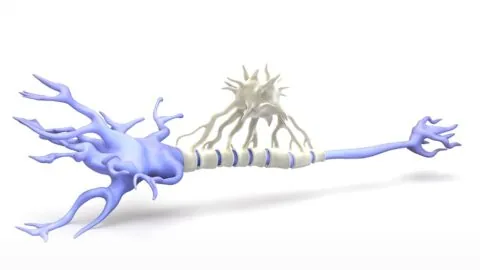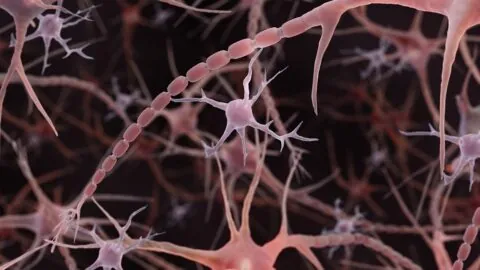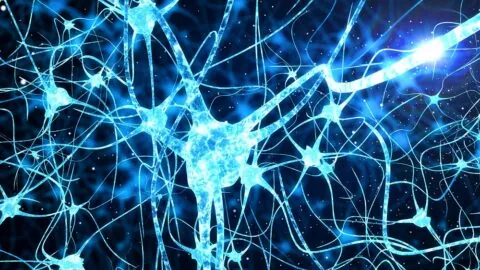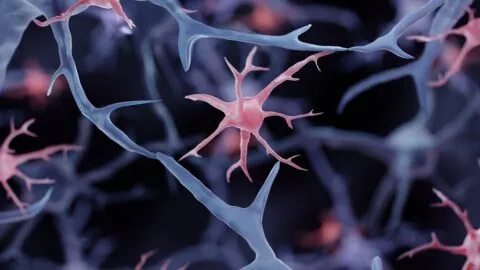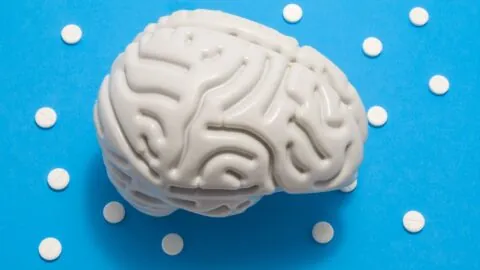December 05, 2025
A new review highlights the promise of microglia replacement, a strategy that made the leap from mouse studies to the first successful human trial in just five years [1]. Repair or replace Microglia, the resident immune cells of the brain, have been implicated in various diseases, including Alzheimer’s [2]. However, treatments modulating microglial behavior are...
September 09, 2025
A new preprint study from Calico has found that the local brain environment is the primary driver of microglial aging. After being transplanted into old brains, young cells adopted aged characteristics, but their susceptibility to these signals could be turned off [1]. Microglia grow old and irritable Brain aging holds a special place in the...
July 10, 2025
Researchers have found that inflamed, senescent microglia prune too many synapses in the hippocampus and demonstrated that a senolytic compound can ameliorate this process in Aging Cell. Some synapse pruning is normal During brain development, the resident immune cells of the brain (microglia) prune unneeded synapses as a form of maintenance. This is normally a...
June 19, 2025
In Cell Stem Cell, researchers have described how genetically engineered microglia can be used to deliver therapeutic proteins to the brain. The blood-brain barrier Delivering therapeutic compounds to the brain has a concern that is absent for other organs: the blood-brain barrier (BBB), which retains strict controls over the kinds of compounds that can reach...
June 03, 2025
Scientists have demonstrated that knocking out part of the cGAS-STING DNA-sensing pathway slows disease progression in a mouse model of Alzheimer’s, calming down microglia and protecting neurons [1]. STING operation Inflammation is central to the pathogenesis of Alzheimer’s disease [2], which is accompanied by the accumulation of extracellular plaques of the misfolded protein amyloid beta...
February 08, 2024
A recent paper published in Immunity has described the accumulation of exhausted microglia in the brains of people who are vulnerable to Alzheimer's, potentially spurring and worsening the disease. Proteostasis and inflammation Loss of ProteostasisThe loss of proteostasis is the failure of the protein-building machinery of the cell and the accumulation of misfolded proteins, which...

